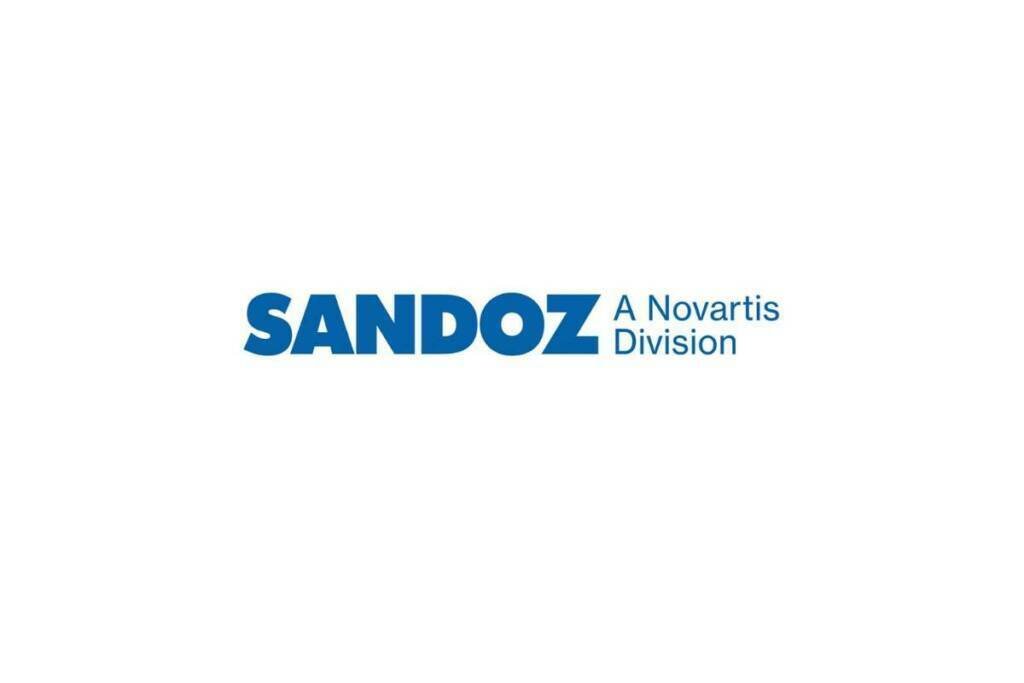Stepping onto the stage with a flourish, Novartis has secured a resounding victory against Biogen in the realm of pharmaceutical innovation. Just a mere sixty days following the dismissal of Biogen’s patent infringement case by a Delaware federal court, Novartis emerges triumphantly, poised to introduce its biosimilar alternative for the widely used multiple sclerosis (MS) drug, Tysabri.
In a momentous announcement that resonated throughout medical circles, the FDA, on a recent Thursday evening, bestowed its coveted endorsement upon Novartis’ groundbreaking creation, Tyruko (natalizumab-sztn). This marks a groundbreaking milestone, as Tyruko becomes the inaugural US biosimilar tailored to address the intricate challenges of multiple sclerosis. But it doesn’t stop there – this therapeutic marvel also casts its healing mantle over the domains of Crohn’s disease, expanding its potential impact manifold.
The mantle of commercialization for Tyruko falls gracefully upon the shoulders of Novartis’ subsidiary, Sandoz. This strategic move aligns seamlessly with Novartis’ previously disclosed plans to initiate the spinoff of its generics and biosimilars division around the proximate date of October 4th.
The origin story of Tyruko stretches back to 2019, when Sandoz orchestrated a far-reaching agreement with Polpharma Biologics, securing global commercial rights to this revolutionary creation. Hailing from the bustling realms of Poland, Polpharma Biologics continues to steer the development and production of this game-changing biosimilar.
“Access to affordable, high-quality healthcare is essential for people with multiple sclerosis to live their best lives. The approval of Tyruko, the first FDA-approved biosimilar disease-modifying treatment for people with relapsing forms of MS, is a milestone. Biosimilars are an important treatment option because they have no clinically meaningful differences from their reference medicines. Prescribing them can increase accessibility to affordable medications, improve adherence and help contain healthcare costs.”
– Bari Talente, the National MS Society’s Executive Vice President for Advocacy and Healthcare Access
Amid the rising tide of anticipation, the curtain has yet to rise on the exact moment of Tyruko’s debut or the price it will command as it enters the market stage. Questions linger, casting a veil of intrigue over this unfolding drama.
Notably, Tysabri’s own journey winds back to 2004 when the FDA first granted its approval for the treatment of MS. Subsequently, it earned its stripes in combating Crohn’s disease four years later. Its ascent was nothing short of meteoric, achieving blockbuster status by 2009. A testament to its efficacy, Tysabri dominated 2022’s pharmaceutical landscape, contributing a staggering $2.03 billion to Biogen’s coffers and accounting for nearly 25% of its total revenue. However, the narrative took a somber turn, with sales slipping by 8% in the first half of the current year, settling at $956 billion.
Yet, with Tysabri’s legacy looming large, Tyruko emerges as an eager understudy, ready to embrace its role with the same solemnity and resolve. It bears the mantle of the same boxed warning as Tysabri, cautioning against the potential risk of a cerebral infection known as multifocal leukoencephalopathy. Its debut will be facilitated solely through the corridors of the FDA’s Risk Evaluation and Mitigation Strategy (REMS) program, ensuring a cautious and calculated entry onto the medical landscape.
Sandoz, a formidable player in the world of generics and biosimilars, ascends to the forefront of this narrative. In a recent display of its prowess, Sandoz launched Hyrimoz, joining the ranks of pharmaceutical behemoths with their biosimilar iteration of AbbVie’s Humira.
Not to be outshone, Sandoz recently cast a spotlight upon itself with the release of phase 3 data. This revelation showcased the remarkable alignment between Sandoz’s biosimilar rendition and the reference product of Regeneron’s Eylea, a blockbuster drug for eye diseases. The climax of this particular story approaches as Sandoz sets its sights on a U.S. launch of this transformative biosimilar in 2024, all within the dramatic backdrop of a patent dispute.
The pharmaceutical arena pulsates with energy and anticipation as Novartis and Sandoz usher in a new era, challenging norms, and championing innovation. With Tyruko poised for its grand entrance and Sandoz’s ongoing saga of groundbreaking biosimilars, the landscape of medical progress stands poised for transformation.





























